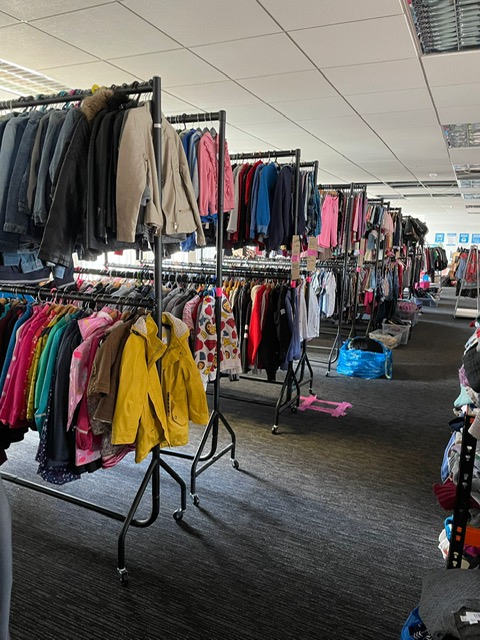
Circular economy: peaks, valleys and progress in 2023
2023 has been a year of highs and lows for the circular economy in Scotland – the delay to deposit return was a heavy blow but the introduction of a Circular Economy Bill offers a huge opportunity for change in the way we manage materials.
Here are some updates from the year.
The Circular Economy Bill has been introduced to the Scottish Parliament
At the end of June, the Scottish Government finally introduced its draft Circular Economy Bill to the Scottish Parliament. This has been something we’ve been waiting for, for quite some time after Covid delays, and it’s great that it’s finally making its way through parliament.
The Circular Economy Bill has the potential to significantly reduce Scotland’s global climate impact, but it must be strengthened to be effective. It should include carbon-based consumption reduction targets to drive nationwide progress.
Public pressure is growing
The public pressure on the Scottish Government to create a strong circular economy bill has been heartening.
Over 1000 people have now pledged to take action to push for a stronger bill, which means we’ve got a really loud voice in our calls. Together, we’ve already written to MSPs and the committee to put pressure on them through the first stage of the bill process.
This is going to continue to be incredibly important next year, when there will be opportunities for changes to be made to the bill before it becomes law.
Deposit Return Scheme canned
We watched in horror as Scotland’s deposit return plans, so close to delivery, stuttered and stalled this spring. Big business persuaded the UK Government to stop the bottle and can recycling scheme in its tracks. Scotland won’t have an operational deposit return system before October 2025 at the earliest, which means the cost of cleaning up bottles and cans will continue to be paid by the public purse and the environment, rather than the businesses designing and selling these products. We will keep fighting to make big business pay for their wasteful and polluting practices.
The fight to stop incineration continues
Since the Scottish Government announced a ban on new incinerators last year, a loophole has become clear – those that were already in the planning system when the decision was made were still going ahead.
Anti-incineration groups across Scotland are fighting to close this loophole. We have written to Lorna Slater, Minister for the Circular Economy, to highlight the overcapacity problem Scotland will face if they’re not stopped. We have got the issue covered by the press to ramp up the pressure.
We released new research into transition minerals
In June, we published a report which traces Scotland’s demand for minerals back across international supply chains. The report found that the social and environmental damage created by Scotland’s mineral demand is extensive and serious, including human rights and labour abuses, environmental destruction and rampant exacerbation of climate injustice. We are calling on the Scottish Government to ensure its policy plans consider material demand so that we do not replace one social and environmental crisis with another. Friends of the Earth Scotland has joined the Corporate Justice Coalition to fight with others in the UK holding corporations to account for the harm created in their supply chains.
A win for the Wyndford Estate residents
The demolition plans for Wyndford estate in Glasgow were halted in October. A Court of Session judge agreed that Glasgow City Council’s environmental impact assessment screening opinion was unlawful. This is huge victory for the local campaigners who’ve been fighting to save their homes.
What’s next?
The Circular Economy Bill will be finalised next year, and Friends of the Earth Scotland will continue to fight for fairer and more sustainable material consumption. We may also see a new global treaty to end plastic pollution by the end of 2024. So, it is set to be another exciting year, both in Scotland and globally, for resource justice.
